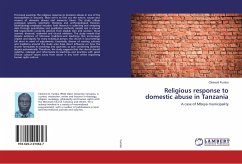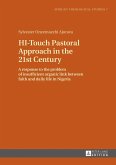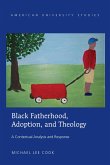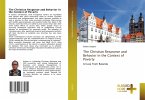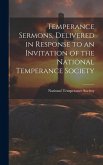This book examines the religious response to domestic abuses in one of the municipalities in Tanzania. Main aim is to find out the nature, causes and reasons of domestic abuses and measures taken. The study utilizes ecological systems, systematic theology and anthropological theories. Methodology employed includes: field research in collecting and analyzing data through quantitative and qualitative methods; sample size is around 600 respondents randomly selected from eligible men and women; those married, divorced, widowed and church ministers. The study reveals that despite existence of Moravian traditions and teachings that encourages respect and dignity for every individual person, the church in local settings fall short in need of adjustments. Essentially, diverse of existing cultures and traditions around the study area have direct influence on how the church formulates its teachings and operates; as such condoning domestic abuses systematically. Therefore, the study suggests that the church should redefine, redesign and reformulate its teachings and practices with good African cultural values away from abuse in any form whilst respecting human rights culture.
Bitte wählen Sie Ihr Anliegen aus.
Rechnungen
Retourenschein anfordern
Bestellstatus
Storno

